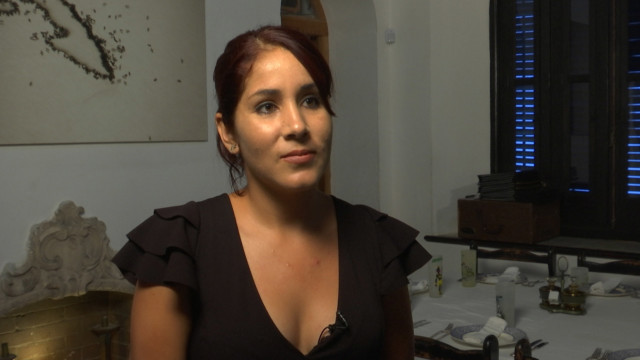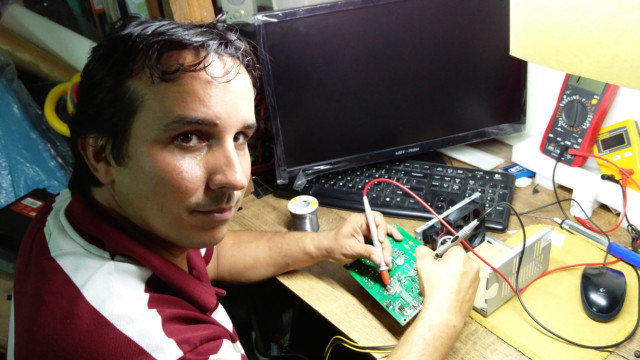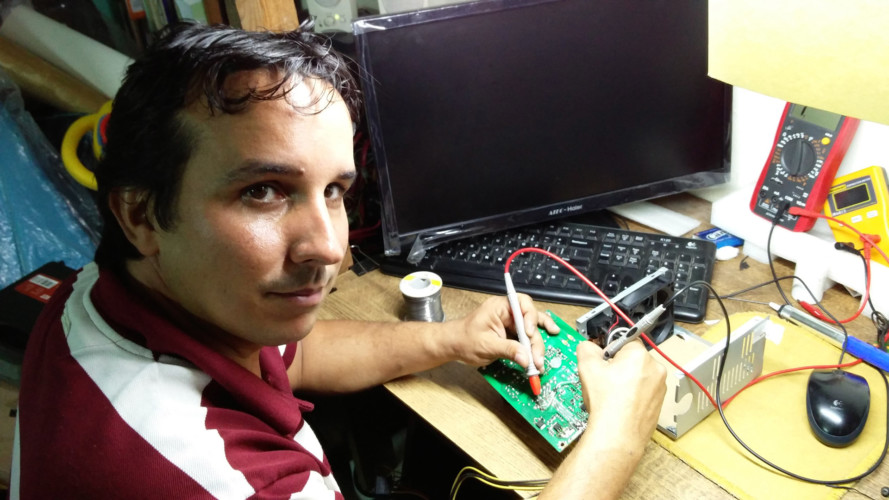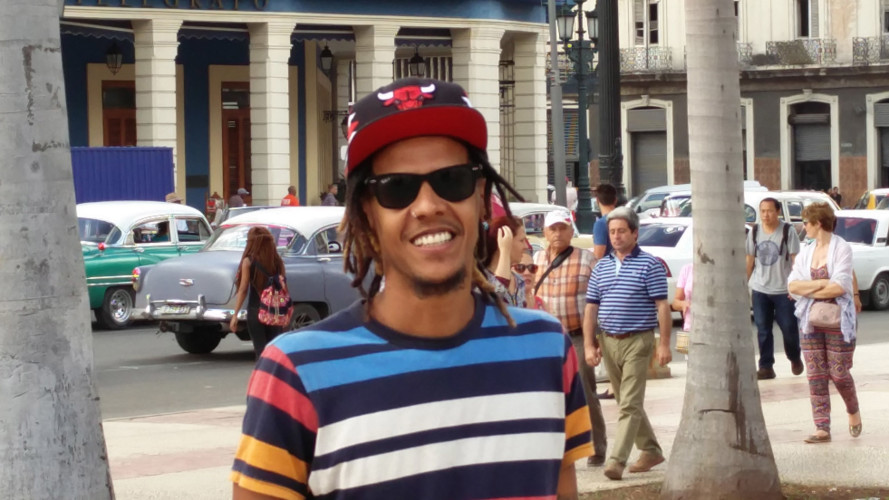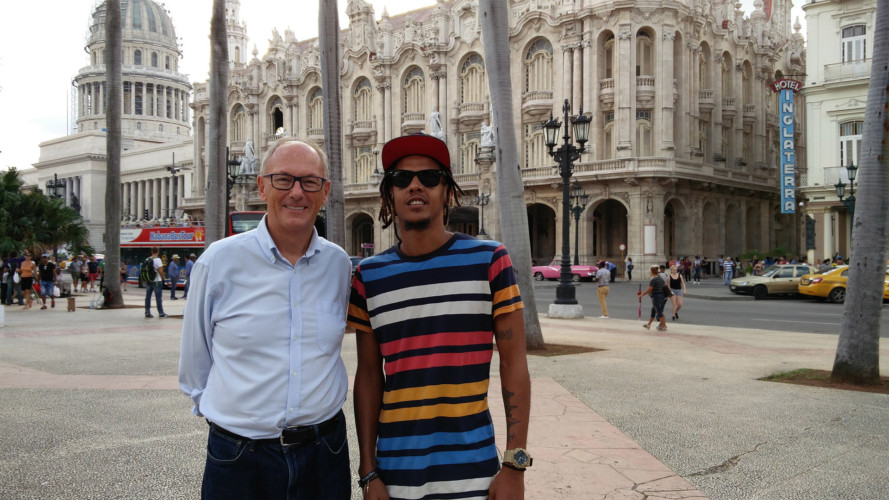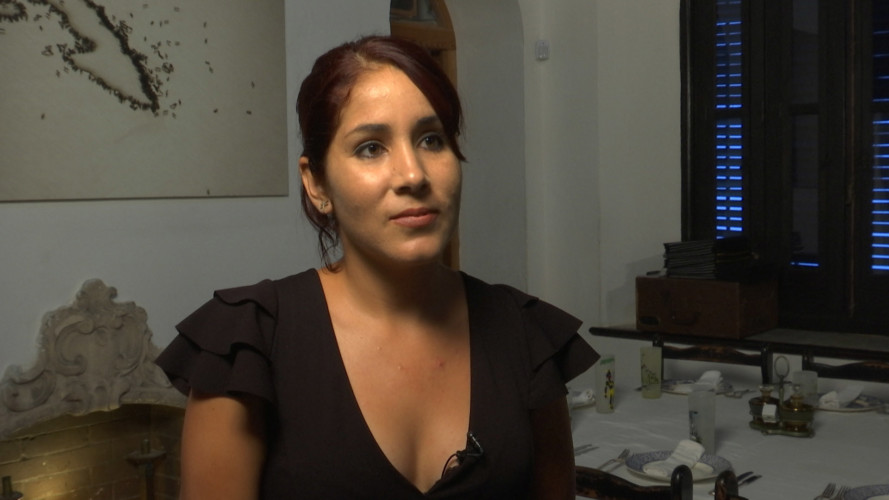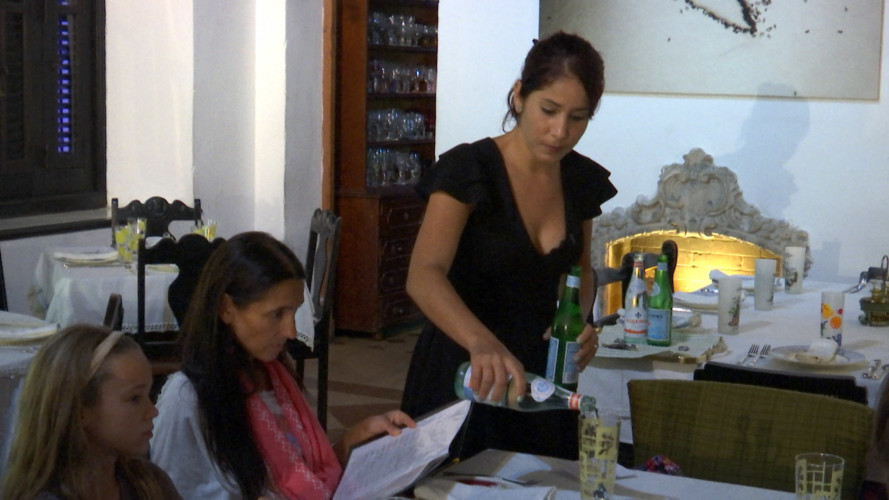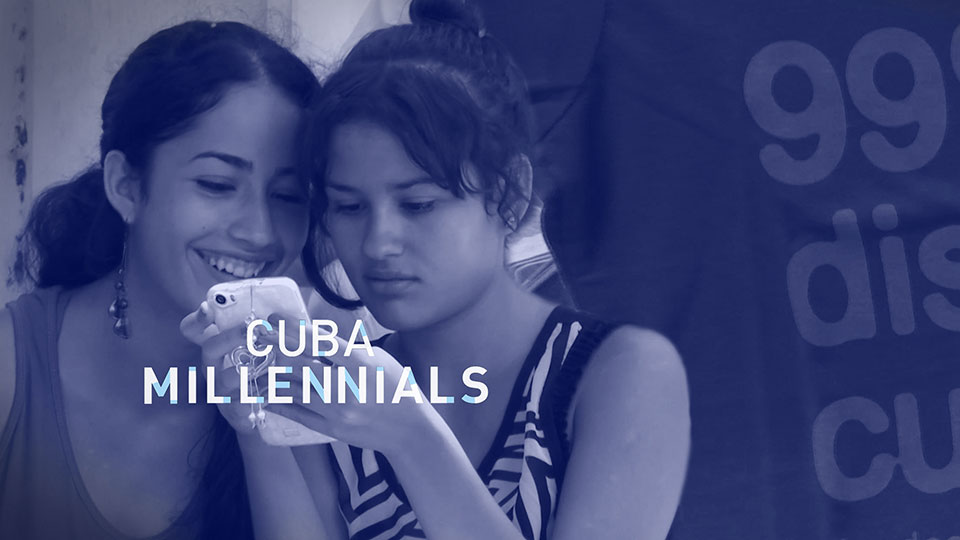Part of a CGTN special series on Cuba Millennials.
With the average state salary the equivalent of just $30 USD a month, Cuba faces a brain drain as many young graduates go abroad to find work while others seek alternative employment at home. CGTN’s Michael Voss meets some of those who have quit their state jobs to work in the fledgling private sector.
Debhora Velazquez is a waitress at one of Havana’s top end private restaurants, Atelier, which caters mainly to foreigners.
This 28-year-old is a lawyer by training and worked for several years after graduating at a state-owned civil law practice. But she gave that up to work full-time in a restaurant.
“It’s mainly due to our economic situation, for the salary and such things,” she told me.
“When you have a university degree you never think of serving someone else, but it’s a very nice job and very satisfying when you see that people are grateful for your work. It’s good.”
The restaurant gave Velazquez three month’s training with an emphasis on service and customer satisfaction, something that’s often lacking in the state sector. On a good day, she earns more in tips than she would in a month in her old job.
“When your sacrifices and your work are well paid, you do your best,” she said. “When you are paid for your work, you really make the extra effort in what you do.”
Velazquez is not alone in looking for alternative ways to earn a living.
Cuba’s millennials are generally a well-educated generation. Schooling is free all the way through to university but increasing numbers of graduates no longer want to work in the state sector.
30-year-old Yurien Gutierrez is married with a young child and like many millennials still lives at home with his parents, three generations in a Soviet era apartment on the outskirts of Havana.
He has a degree in information technology and rose to become head of a state-run office importing and distributing computer parts. But Gutierrez gave up his management job to repair computers at home. Today, he earns about double what he did with the state.
Many of those he went to college with, like thousands of other graduates have left Cuba to find work abroad. Gutierrez decided to stay and set up his own modest business.
“I’m of the opinion that if you feel fine and can make a living on your salary, I do not have to migrate to another place,” he said. “Perhaps I would like to visit abroad, but it’s not my ambition to explore.”
In the future, Gutierrez hopes to expand and open a workshop employing a couple of people and to afford an apartment of his own.
Back at the restaurant, life has gotten a little tougher in recent months, following U.S. President Donald Trump’s new policy of making it harder to visit Cuba.
The majority of the restaurant’s customers were Americans, who are generally the top tippers. Now that the number of U.S. customers has declined, so has Velazquez’s income.
Debhora Velazquez still enjoys her work but hopes that in the future Cuba ‘s economic reforms with allow lawyers to work in the private sector as well.
“My big dream would be to work for a private law firm. That would allow me to do what I really love, what I studied and that is law. It would also provide me with better economic stability. That would be very good,” she added.
For the moment, it’s only a dream. The challenge now for Cuba is to find ways to stop the brain drain and make the most of its millennial generation.
PHOTOS: Cuban millennials
Click any image for a full-screen slideshow.
 CGTN America
CGTN America
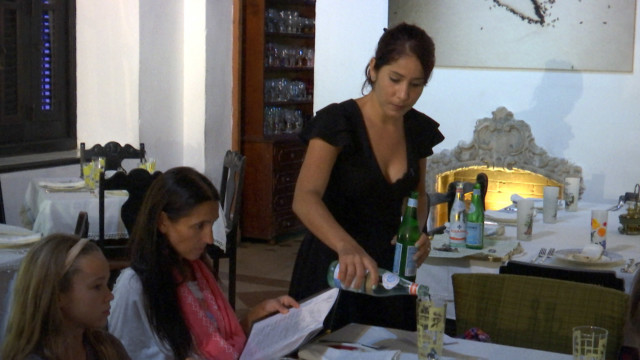 Debhora Velazquez, a lawyer turned waitress.
Debhora Velazquez, a lawyer turned waitress.
